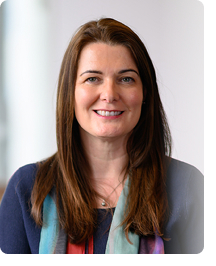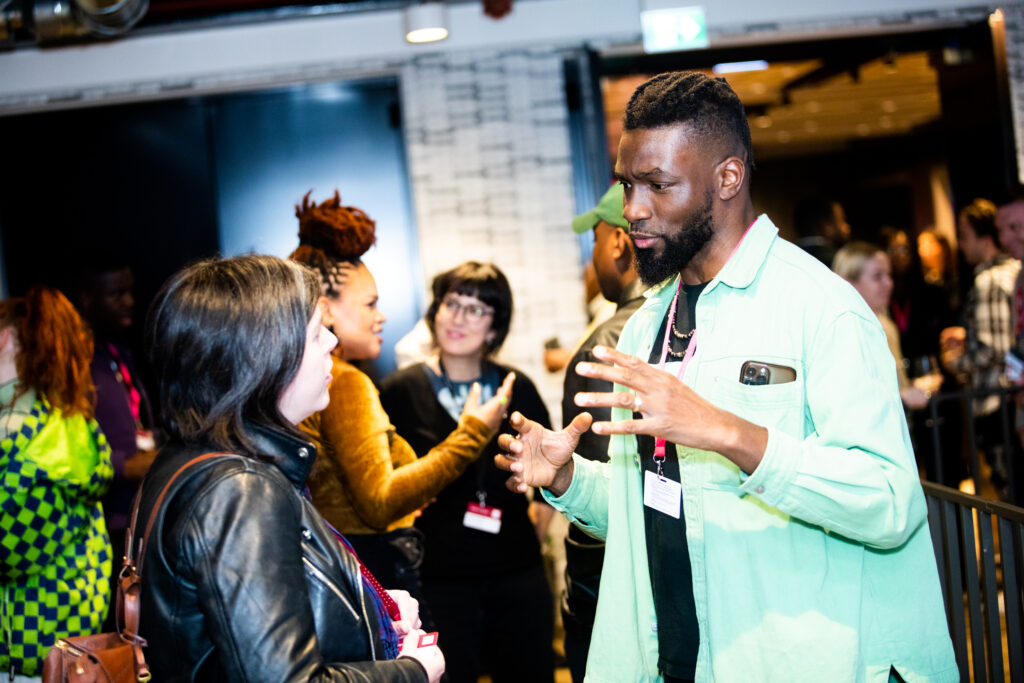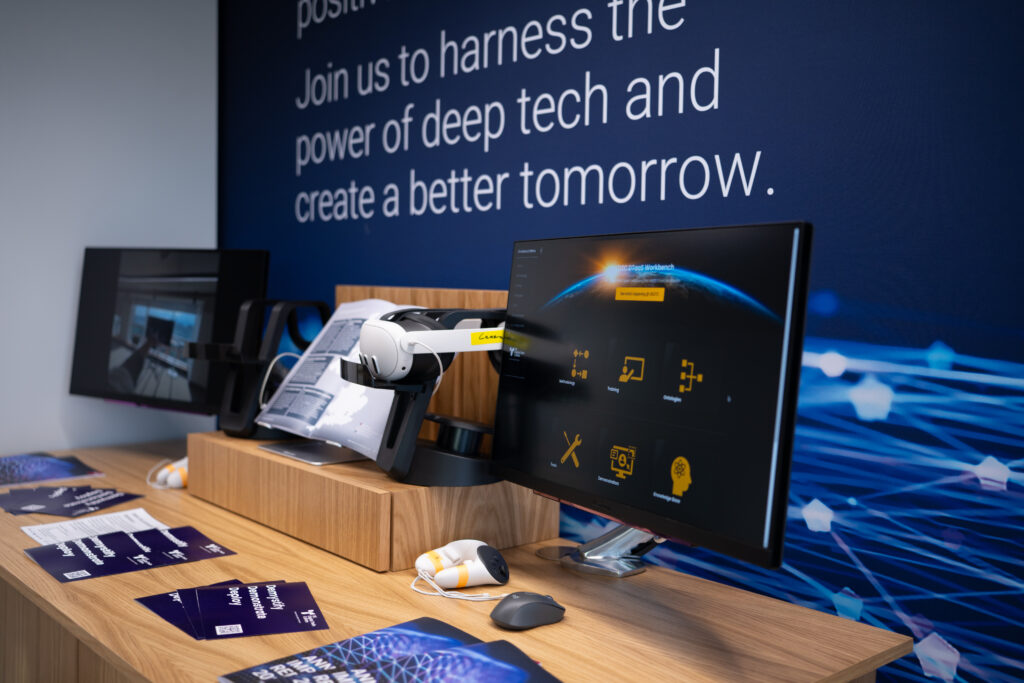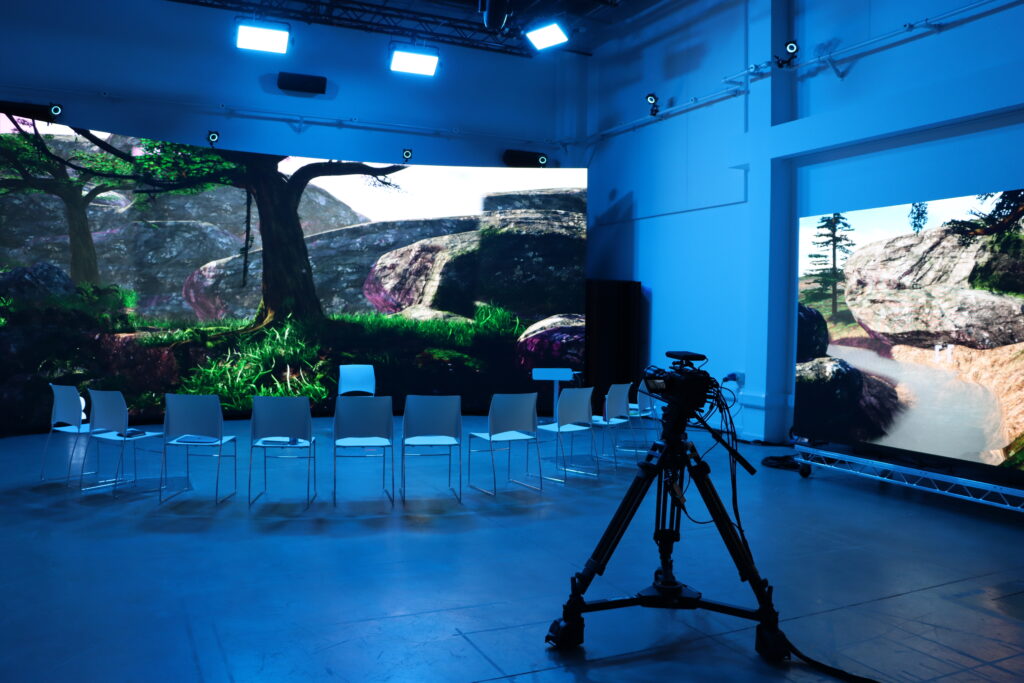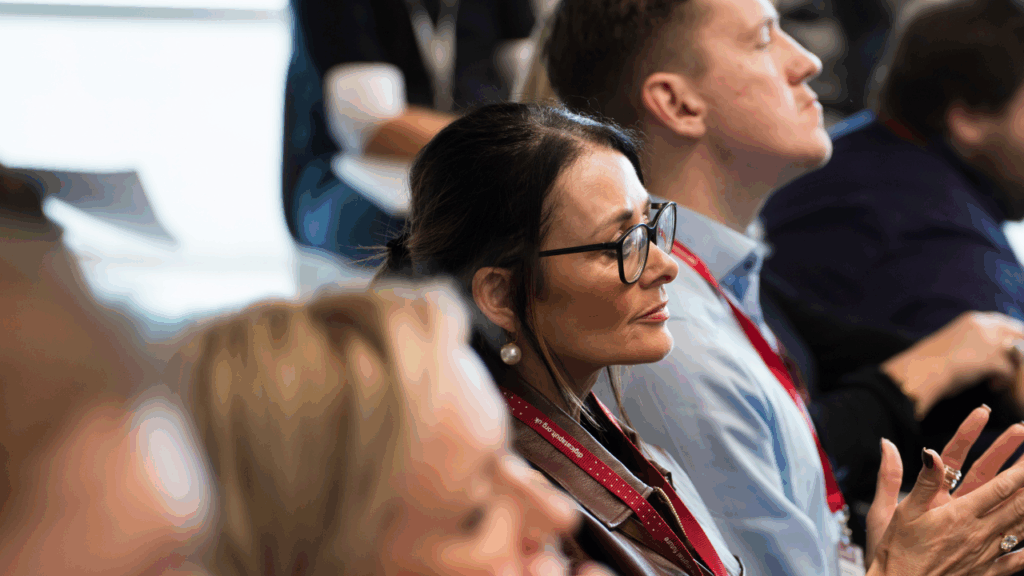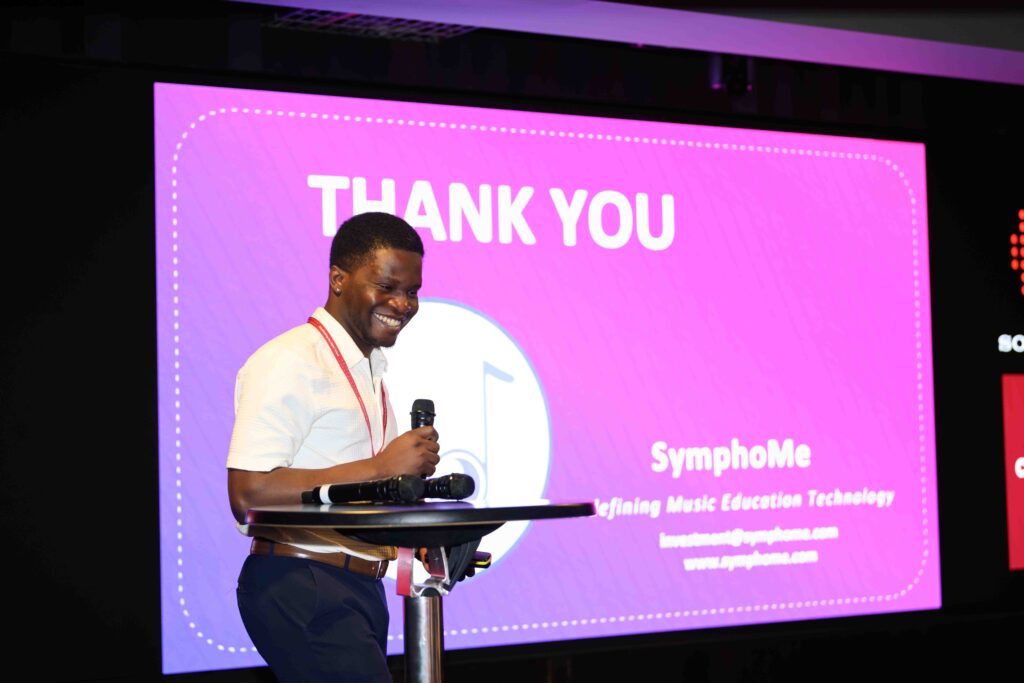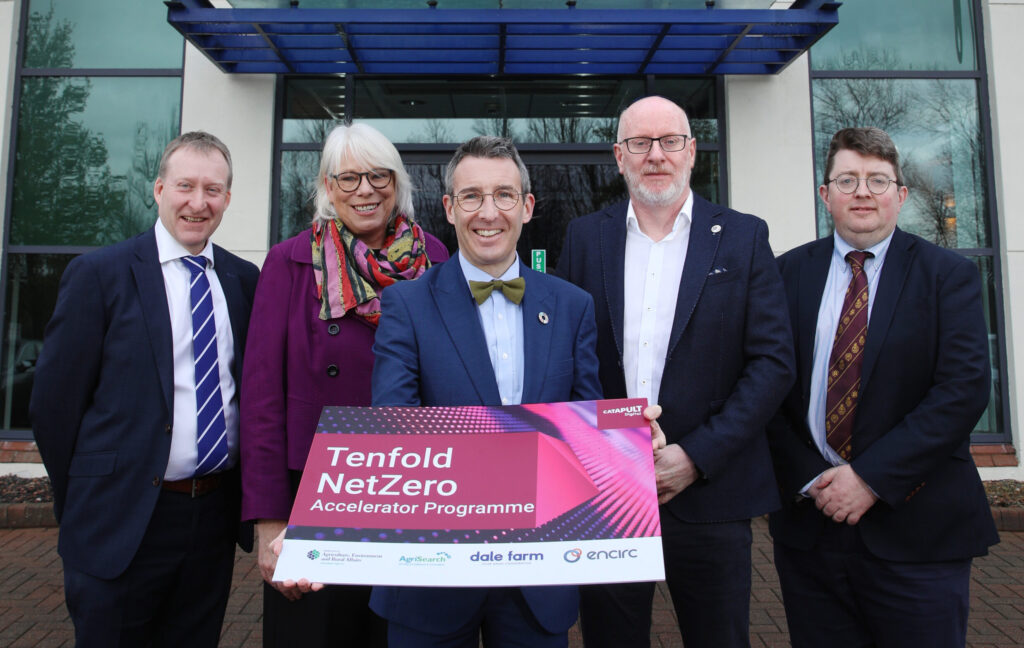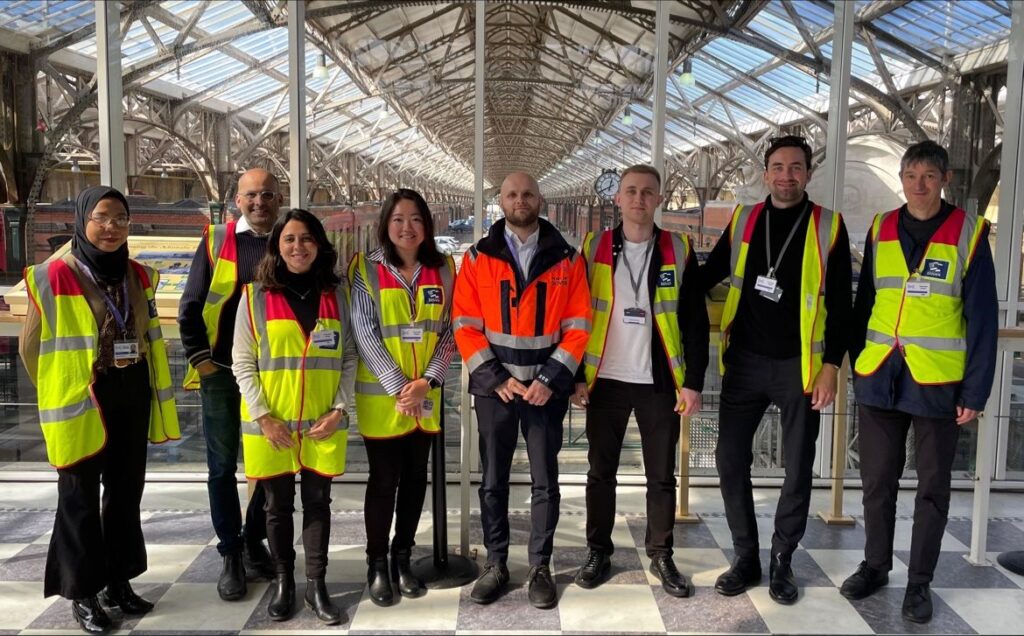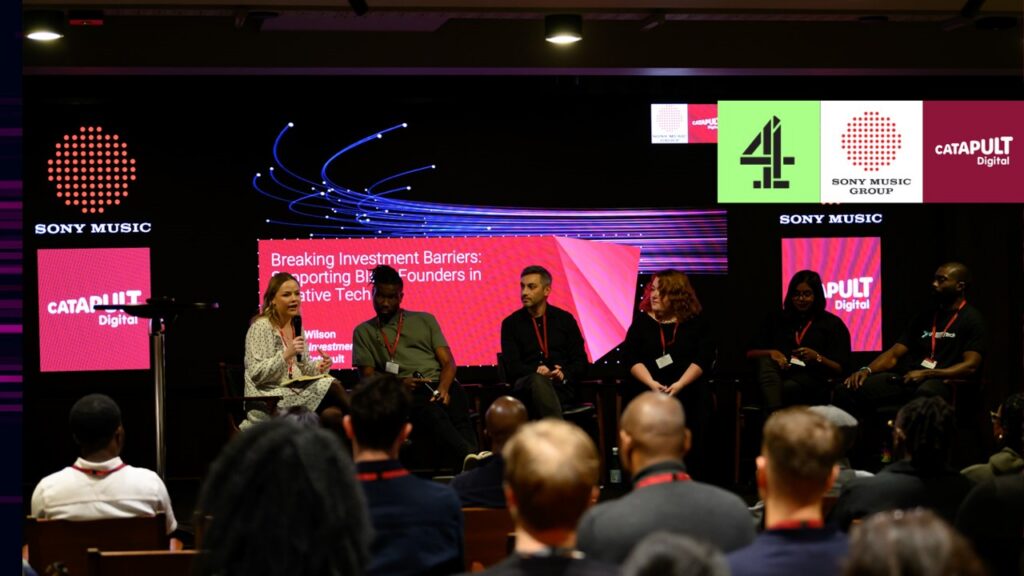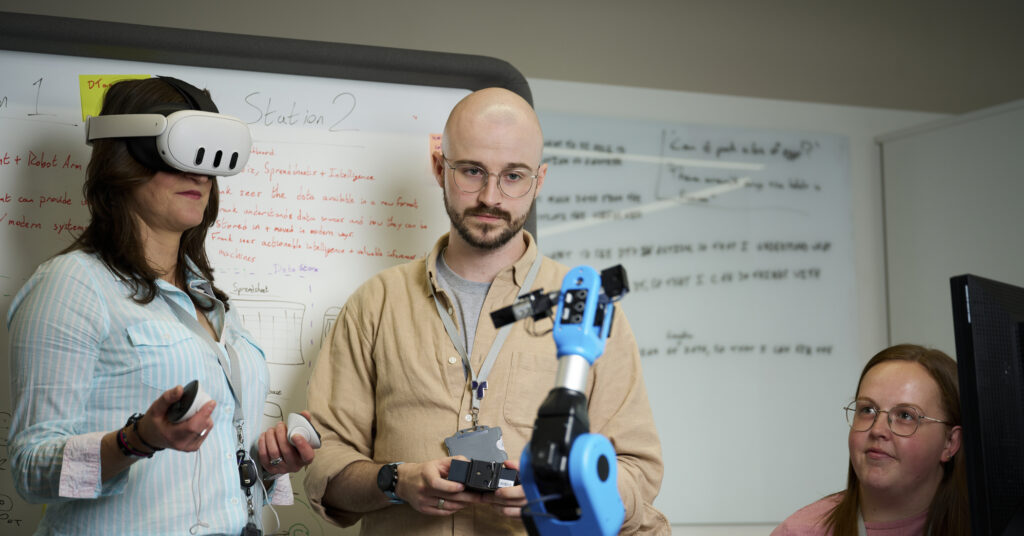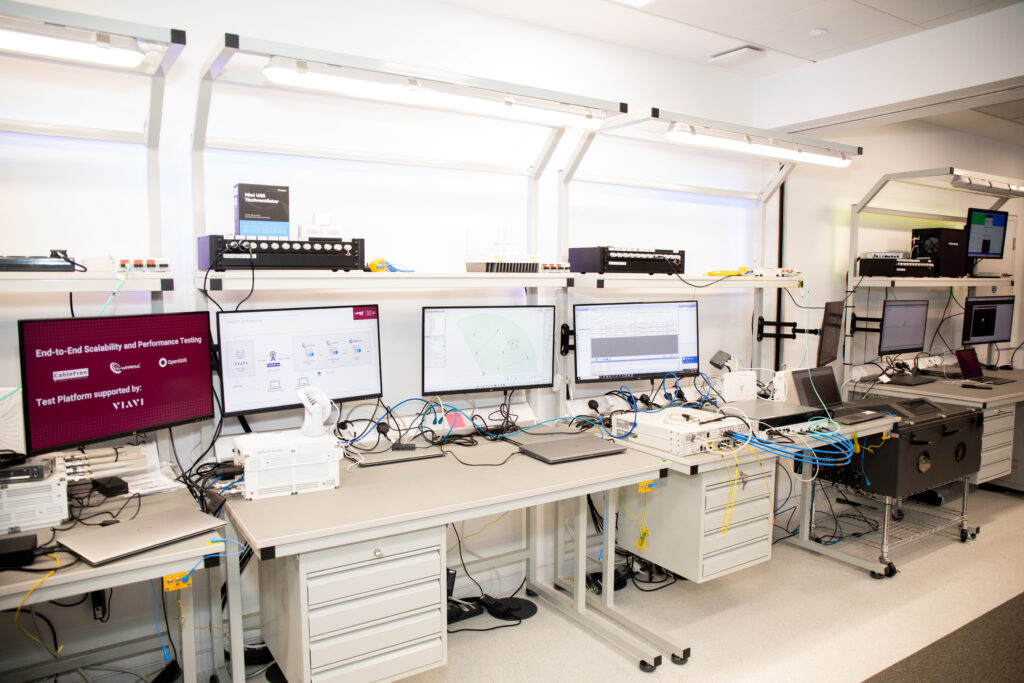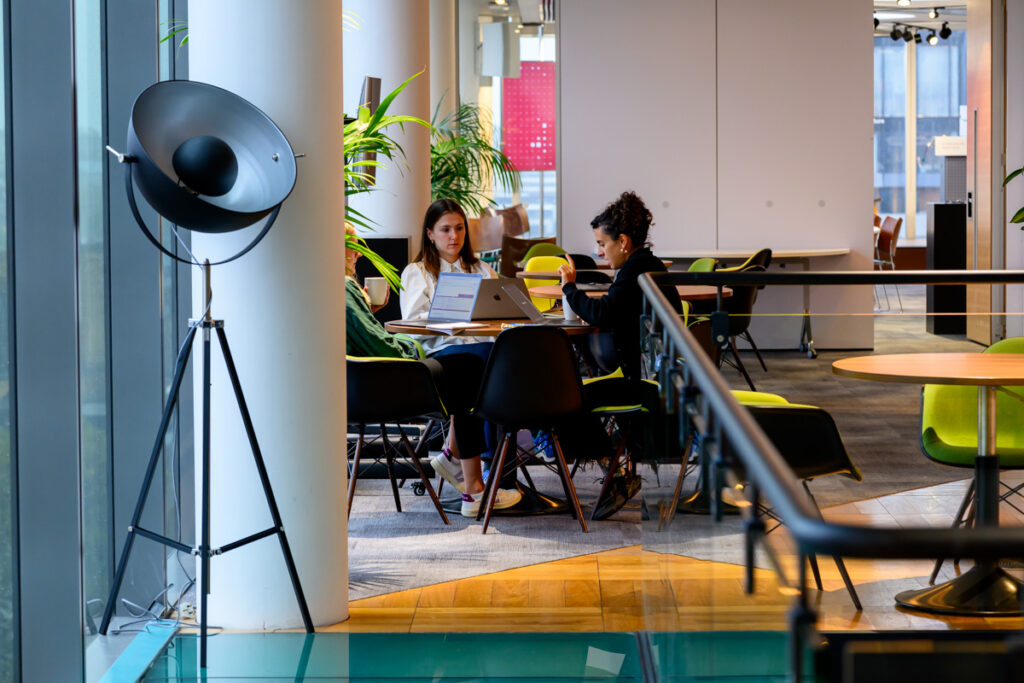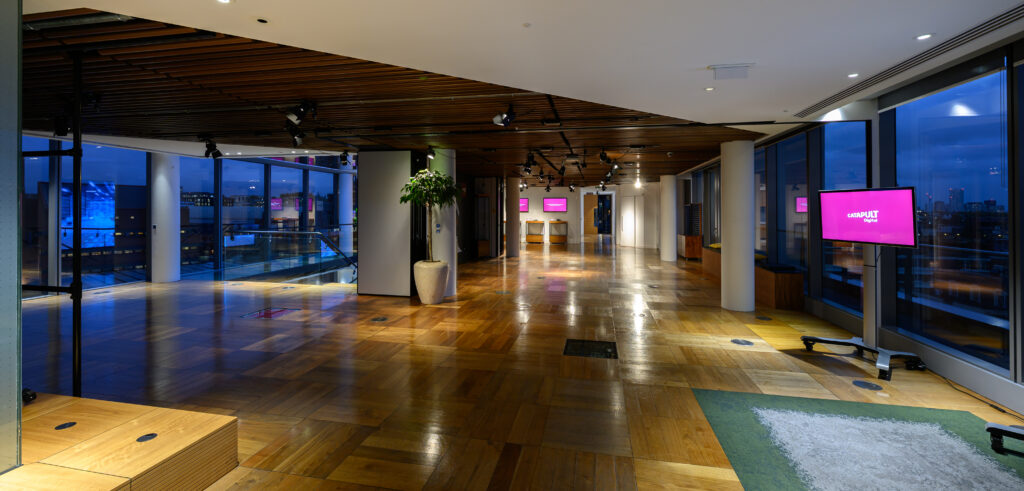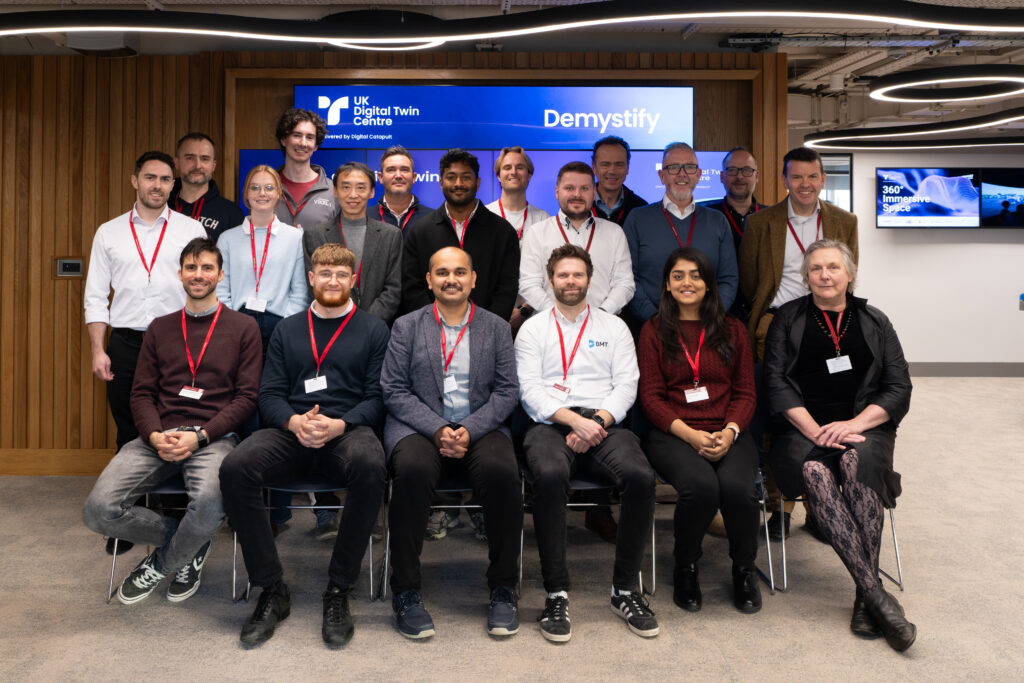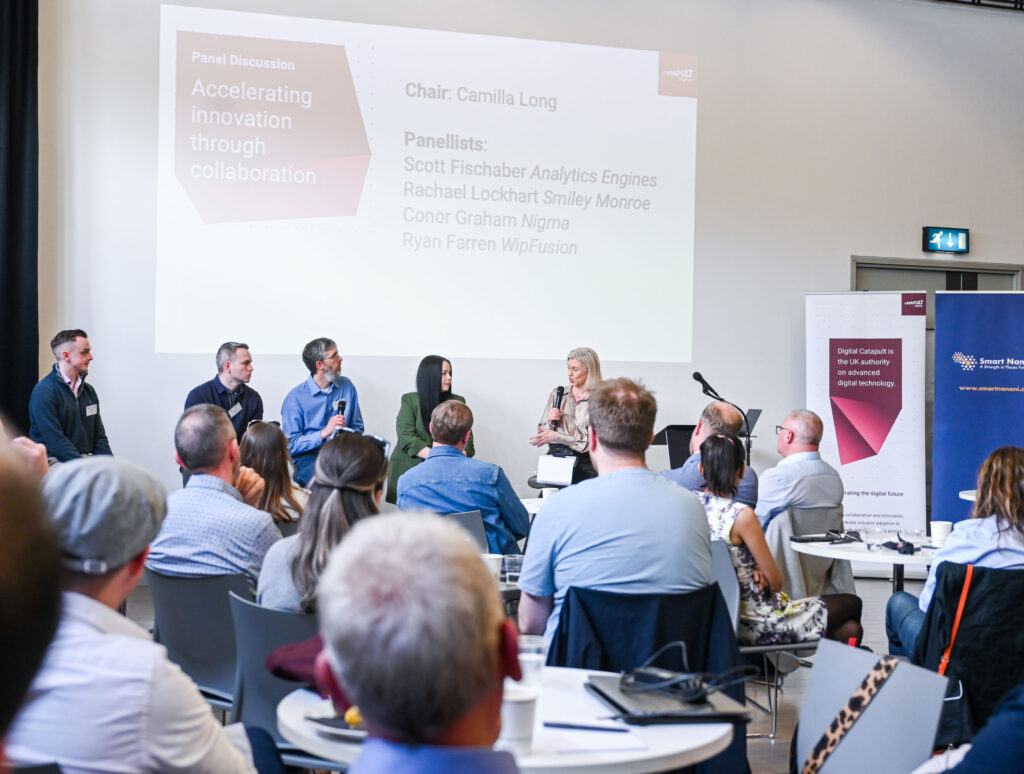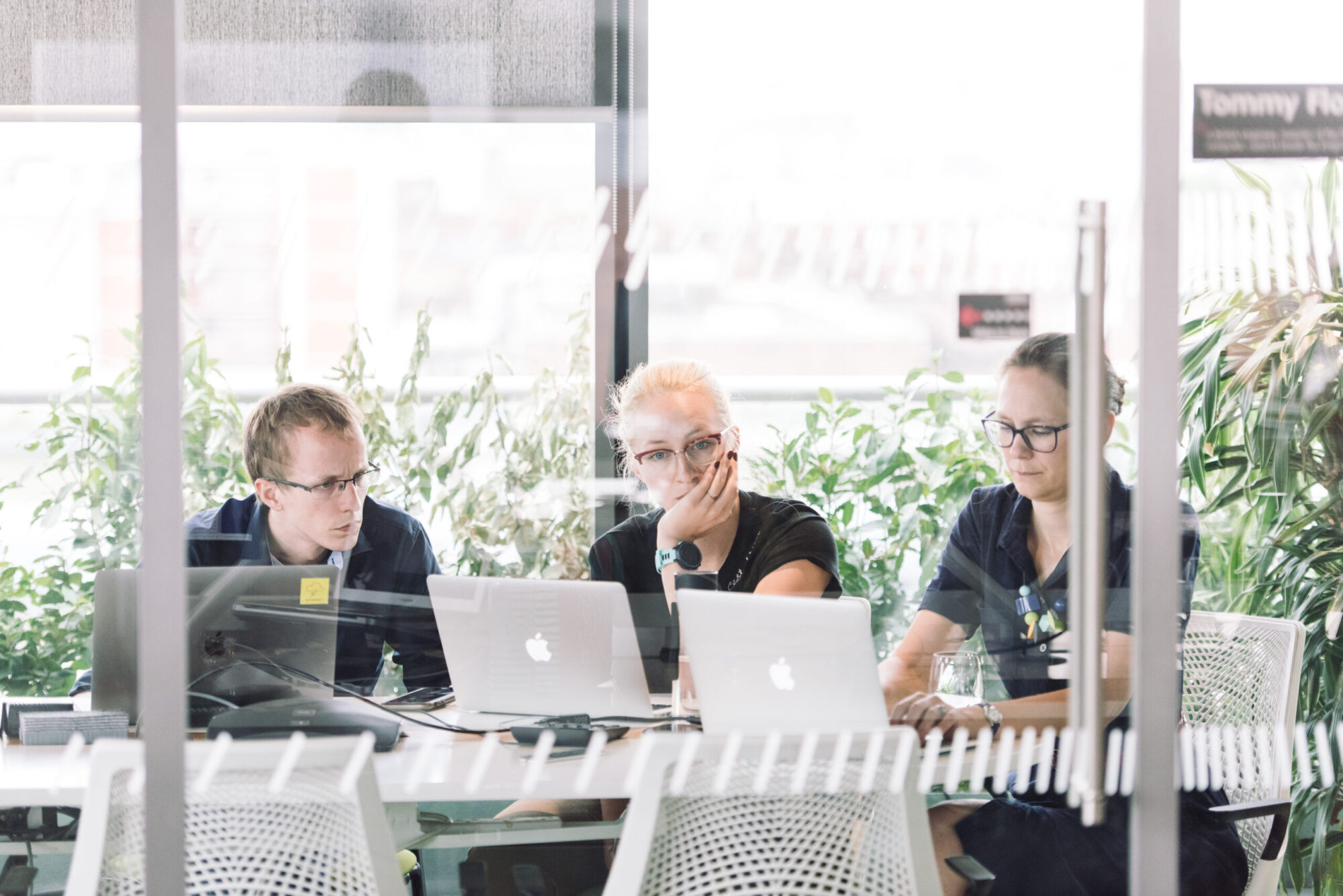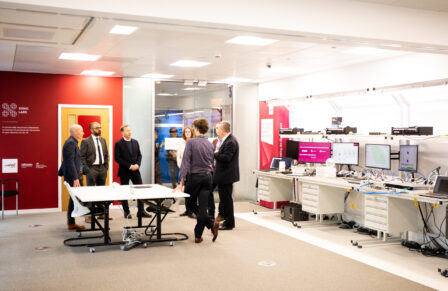Digital Catapult, the UK authority on advanced digital technology, has announced the appointment of three new Non-Executive Directors to its Board who have taken up their roles as of October 2023. With these appointments, Digital Catapult maintains its women-majority Board, composed of six women and four men, in line with the organisation’s efforts to achieve greater equality, diversity and inclusion at all levels.
- Valerie Todd CBE was, until recently, the People and Organisation Director for Siemens UK&I.
- Perdita Fraser is Chair of National Numeracy and Trustee of the Campaign for Science and Engineering.
- Damien Buie is Sector Lead, Energy Transition at Amazon Web Services (AWS).
The new appointments to the Board will continue to support Digital Catapult’s growth as the organisation marks its tenth anniversary and begins executing a new five year plan. These appointments underpin Digital Catapult’s senior level expertise in areas of digital infrastructure, supply chains, and virtual environments, which the organisation believes will fundamentally shape the digital future. The three new non-executive directors replace esteemed colleagues Jill Ridley-Smith, Rowena Ironside and Steve Thomas who are stepping down from the Board as their two-terms have concluded.
Digital Catapult is currently undertaking some of the UK’s most significant and strategically important digital technology focussed projects including the £16 million SONIC Labs programme with Ofcom funded by DSIT, the £25 million Made Smarter Digital Supply Chain Hub funded by industry and InnovateUK, and the recently launched Advanced Media Production studios, the UK’s first network of connected facilities of its kind, in partnership with Target3D and PROTO.
In 2023, Digital Catapult celebrates its tenth anniversary contributing to UK economic growth. Since 2018, the organisation has worked with over 2,450 small businesses, 259 of which have raised a total of £577 million in early stage private investment, and in the last 12 months has achieved:
- 22 new academic engagements
- 34 new industrial collaborations
- 25% people growth
- 61% increase in collaborative research and development and commercial income.





